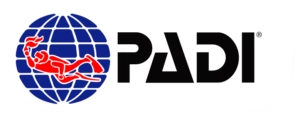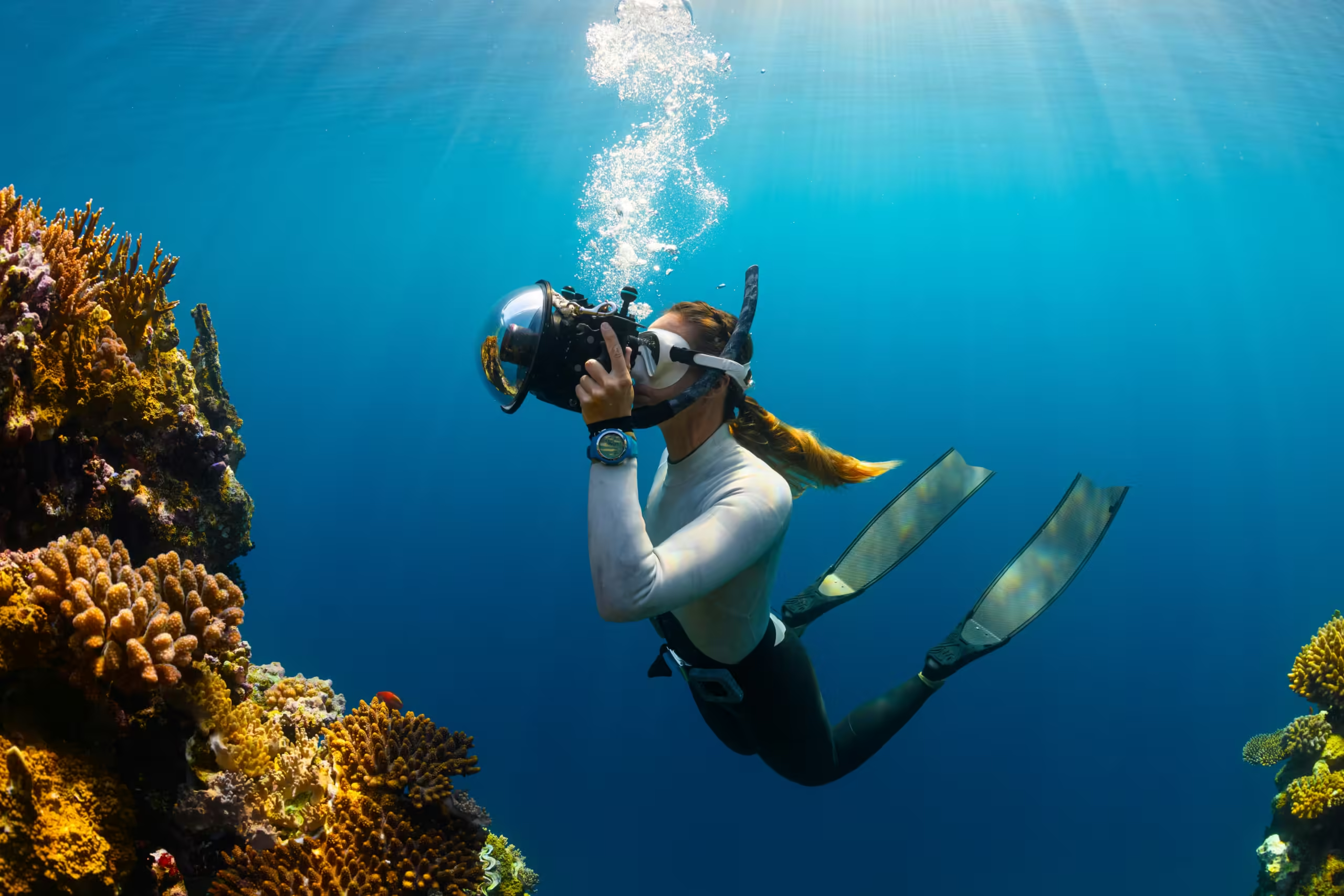Scuba diving is an exhilarating activity that opens up a whole new world beneath the waves. Whether you’re dreaming of exploring vibrant coral reefs or shipwrecks, understanding the different certification levels is crucial to ensure safety and maximize your diving experiences. This guide will walk you through the various scuba diving certification levels, focusing on the most recognized organizations and their specific requirements.
Introduction to Scuba Diving Certifications
Scuba diving certifications are essential for ensuring that divers are properly trained to handle the underwater environment safely. Certifications are typically issued by recognized agencies that set standards for training and safety. The main organizations offering scuba diving certifications include PADI (Professional Association of Diving Instructors), NAUI (National Association of Underwater Instructors), and CMAS (Confédération Mondiale des Activités Subaquatiques).
Understanding Certification Levels
What is the Highest Scuba Diving Certification?
The highest scuba diving certification is generally considered to be the PADI Divemaster or Instructor certifications. These advanced levels involve extensive training and experience and qualify divers to lead dive trips, assist instructors, and teach diving courses.
PADI Certification Levels
PADI offers a tiered certification system, each with specific requirements and skill sets. Here’s a brief overview:
- PADI Open Water Diver: This is the entry-level certification. It covers basic diving skills, safety procedures, and an introduction to underwater exploration.
- PADI Advanced Open Water Diver: For those looking to deepen their experience, this level includes specialized training in areas like deep diving and underwater navigation.
- PADI Rescue Diver: Focused on emergency management and rescue skills, this certification prepares divers to handle underwater emergencies.
- PADI Divemaster: The first professional level, Divemasters assist instructors and lead dive groups, gaining extensive knowledge and practical skills.
What is PADI Level 1?
PADI Level 1 refers to the PADI Open Water Diver certification. It’s designed for beginners and introduces the fundamental skills needed for safe scuba diving. The course includes theoretical knowledge, confined water training, and open water dives.
What is Diver Level 2 for PADI?
Diver Level 2 typically refers to the PADI Advanced Open Water Diver certification. This level is designed to expand on the skills learned at the Open Water Diver level and includes more advanced techniques and specialized dives.
CMAS Diving Certification Levels
CMAS (Confédération Mondiale des Activités Subaquatiques) offers a certification system that includes several levels:
- CMAS One Star Diver: Equivalent to the Open Water Diver certification, focusing on basic skills and safety.
- CMAS Two Star Diver: Similar to the PADI Advanced Open Water Diver, it includes more advanced diving techniques.
- CMAS Three Star Diver: Equivalent to the PADI Divemaster, this level qualifies divers to lead dives and assist instructors.
NAUI Scuba Certification Levels
NAUI (National Association of Underwater Instructors) also offers various levels:
- NAUI Scuba Diver: Similar to the PADI Open Water Diver certification, providing foundational training.
- NAUI Advanced Scuba Diver: Equivalent to the PADI Advanced Open Water Diver, focusing on advanced skills and specialty training.
- NAUI Dive Master: Equivalent to the PADI Divemaster, this certification prepares divers for leadership roles.
Scuba Diving Certification Costs
The cost of scuba diving certification can vary based on location, the certification agency, and the course provider. Generally, entry-level certifications like the PADI Open Water Diver cost between $300 and $500. Advanced courses and professional certifications can range from $500 to $1,500 or more.
PADI Certification Requirements
To achieve a PADI certification, individuals must meet certain prerequisites:
- Age: Minimum age requirements vary by certification level. For the Open Water Diver course, the minimum age is usually 10 years.
- Medical Fitness: Divers must complete a medical questionnaire to ensure they are fit for diving.
- Swim Test: For entry-level certifications, a basic swim test is required to demonstrate comfort in the water.
Conclusion
Scuba diving certifications are essential for ensuring a safe and enjoyable diving experience. Understanding the different certification levels and their requirements helps divers progress through the ranks and explore the underwater world with confidence. Whether you’re a beginner or looking to advance your skills, choosing the right certification path will enhance your diving adventures.



0 Comments